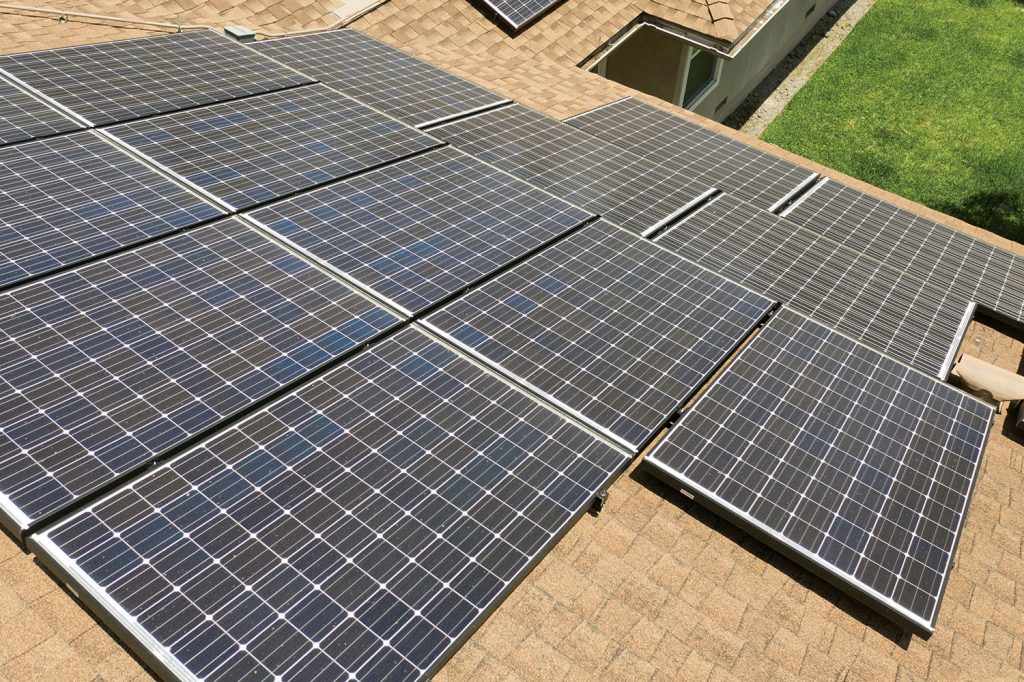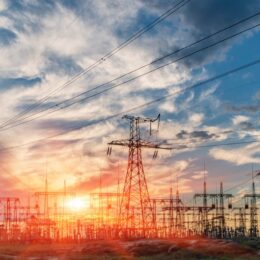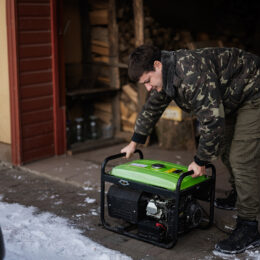
by Staci Montgomery
For those considering the installation of solar energy at home, there is plenty of information — and misinformation — floating around.
To get to the bottom of it all, the one thing any prospective solar owner should do is contact their local electric cooperative.
There are a host of reasons why, but here are a few of the most important ones:
In order to maximize the benefit of installing solar, you first need to understand the electrical use in your home. Your local electric cooperative can provide information and history specific to you, and perhaps even perform an energy audit, to ensure the right size solar system is purchased.
The cooperative can answer basic questions, provide resource materials and direct you to reputable websites or contractors in your area. They will also be able to inform you of any potential financial incentives for installation, because federal, state and local programs are constantly evolving.
Even with a solar system installed, during times of high energy demand, as well as at night and on cloudy days, you will still need to be connected to the cooperative’s power lines. Each utility sets its own policies, rates and rules for interconnection that an installer may not know about. The cooperative will ensure that an interconnection application is completed and that you are notified of any application fees, and that all other documentation, including necessary insurance, is completed.
If there is any opportunity for the cooperative to “purchase” excess energy generated by the solar system, a local representative can provide all the necessary information.
If you have questions about what installing solar energy could mean for your home, don’t hesitate to ask your local electric cooperative. Nothing is more important than being well informed before making such a big decision.
STACI MONTGOMERY is Engineering and Operations Specialist at Clark County REMC in Sellersburg, Indiana



